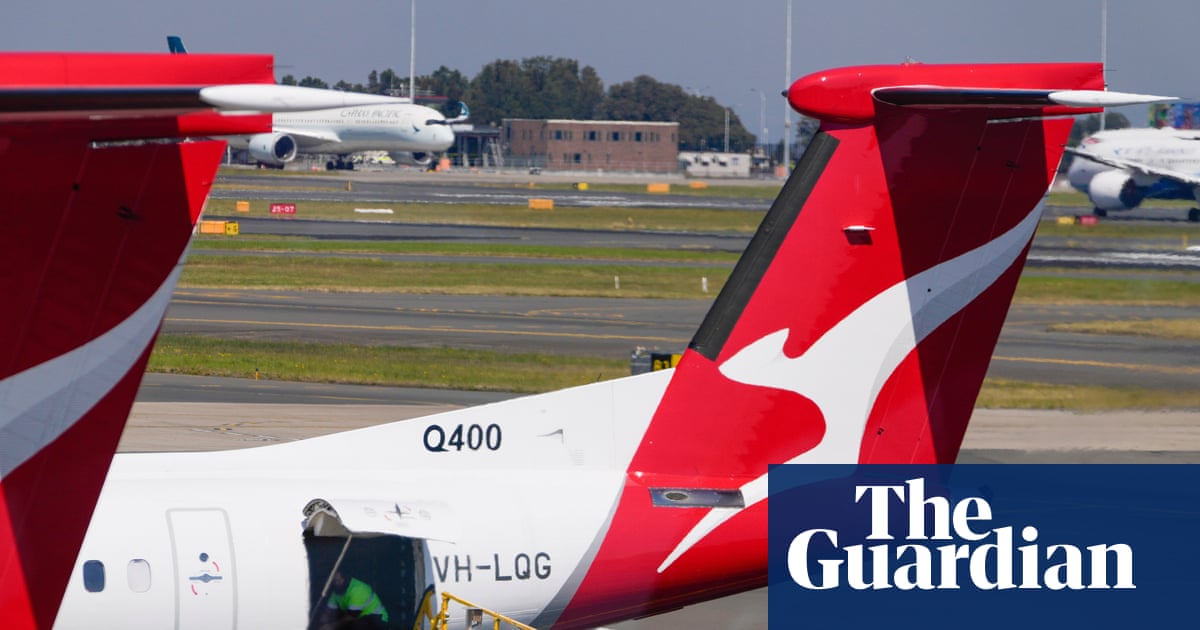
Qantas has been ordered to pay a $90 million fine for unlawfully firing 1,820 ground staff during the 2020 COVID-19 lockdowns, bringing the total cost of its controversial outsourcing decision to over $200 million. Justice Michael Lee of the Federal Court delivered this judgment, stating that the hefty penalty reflects the seriousness of the breach, although concerns about the airline’s contrition remain unresolved.
Controversial Outsourcing and Legal Battles
The legal saga began in 2020 when Qantas decided to outsource its baggage handling and ground staff operations, a move that displaced nearly 2,000 workers. Many affected employees were members of the Transport Workers Union (TWU), which argued that the decision violated the Fair Work Act because it targeted unionized workers with higher bargaining power. The Federal Court, and subsequently both the full bench of the Federal Court and the High Court, ruled in favor of the TWU, deeming the outsourcing unlawful.
After losing its appeals, Qantas entered mediation with the TWU to settle compensation amounts. In early 2023, the airline agreed to a $120 million settlement to compensate the affected workers for lost wages and economic damages.
Justice Lee’s Observations on Qantas’ Conduct
Announcing the penalty, Justice Lee remarked that the $90 million fine was slightly less than 75% of the maximum possible penalty. Of this, $50 million will go directly to the TWU, while the allocation of the remaining $40 million is still under review. The judge expressed doubt about whether Qantas displayed genuine remorse, stating that its regret appears more aligned with the reputational and financial damage caused by the case rather than genuine contrition for the affected employees.
Impact on Qantas’ Financial Position
Qantas, which had originally budgeted $70 million for this dispute, is now looking at a significantly higher financial burden. The total fallout from the outsourcing saga includes the $120 million compensation settlement and this recent $90 million fine. The airline’s financial year results, due later this month, will offer a clearer picture of how these penalties have affected its bottom line.
Adding to its woes, Qantas faced separate penalties last year, including a $100 million civil fine and an additional $20 million in compensation for selling tickets on flights that had already been canceled.
Conclusion to a Five-Year Battle
The latest ruling concludes a protracted five-year legal battle between Qantas and the TWU. While the penalties and compensations have been set, the case underscores the broader issues of corporate responsibility and fairness in employee relations. As Qantas works to repair its public image, the airline’s management will need to navigate the ongoing scrutiny from both the public and regulatory authorities.
This historic case is a reminder of the consequences of prioritizing cost-cutting strategies at the expense of compliance with labor laws, employee rights, and public trust.






